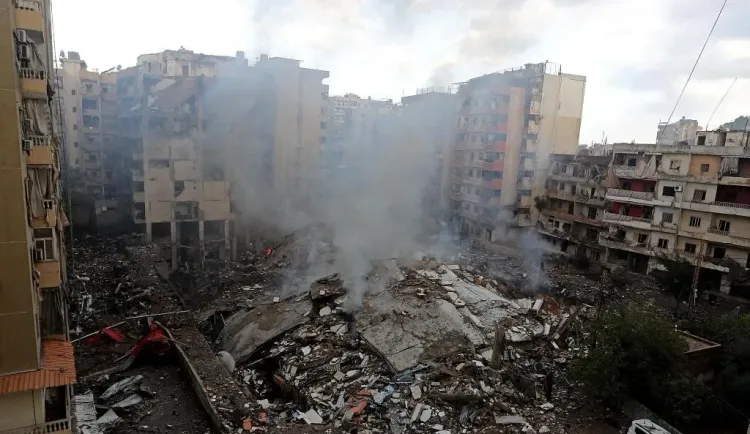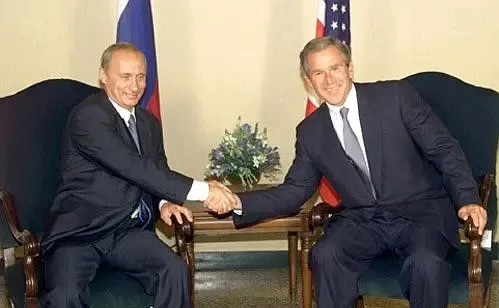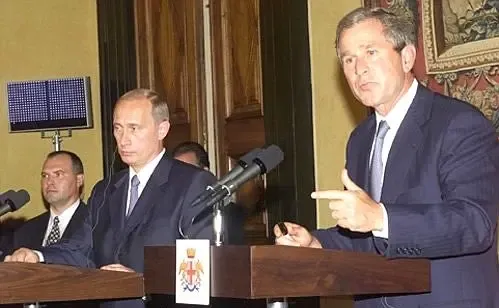Did the Israeli army successfully dismantle Hezbollah's infrastructure in Lebanon?

Synopsis
Key Takeaways
- Israeli military operations target Hezbollah infrastructure.
- Hezbollah's response remains absent.
- Ongoing airstrikes highlight tensions despite a ceasefire.
- Multiple weapon caches were reportedly discovered.
- Regional stability remains precarious.
Jerusalem, July 9 (NationPress) The Israeli Defense Forces announced on Wednesday that they have concluded a series of targeted operations in southern Lebanon aimed at eliminating Hezbollah's infrastructure and weapon storage facilities.
Hezbollah has yet to provide a response to these claims.
According to military reports, one of the operations resulted in the identification and dismantling of a site containing weapon caches and firing positions associated with Hezbollah.
In another effort, troops discovered munitions concealed in dense vegetation in the Labbouneh area, including a multi-barrel launcher, a heavy machine gun, and numerous explosive devices. Additionally, an underground weapons depot was found and destroyed.
The military emphasized that these operations were necessary to impede Hezbollah's attempts to regain a foothold in the region.
Despite a ceasefire agreement reached in November 2024, which ended 14 months of hostilities, Israel has continued to execute sporadic strikes in Lebanon, as reported by Xinhua news agency.
Although the ceasefire concluded the conflict, Israeli forces have carried out strikes targeting what they describe as Hezbollah arms depots and militants, primarily in southern Lebanon. Israeli operations have also affected residential areas, municipal workers, and civilian infrastructure.
Earlier, on June 20, the IDF reported that its fighter jets targeted Hezbollah military positions in southern Lebanon.
The military's statement indicated that the targets included rocket and missile launchers, as well as weapons storage sites in the vicinity.
The IDF accused Hezbollah of attempting to re-establish its presence at these locations.
"The existence of weaponry and Hezbollah's operations represent a clear violation of the agreements between Israel and Lebanon," the statement asserted.
"The IDF will persist in its efforts to eliminate any threats posed to Israel."
The IDF also reported the death of Mohammad Khader Al-Husseini, a commander responsible for Hezbollah's firepower in the Litani sector of southern Lebanon.
Despite the ceasefire, the Israeli military has maintained occasional strikes in Lebanon, citing their purpose to neutralize Hezbollah's threats.
Since the November 2024 ceasefire, the IDF has remained positioned at five strategic sites within southern Lebanon. Airstrikes targeting Hezbollah's violations of the ceasefire have been frequent, while ground operations beyond these five locations have been infrequent.










